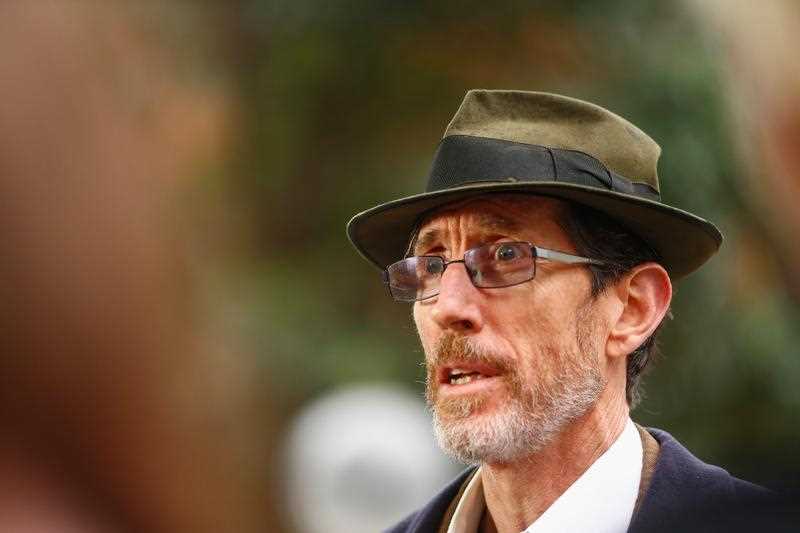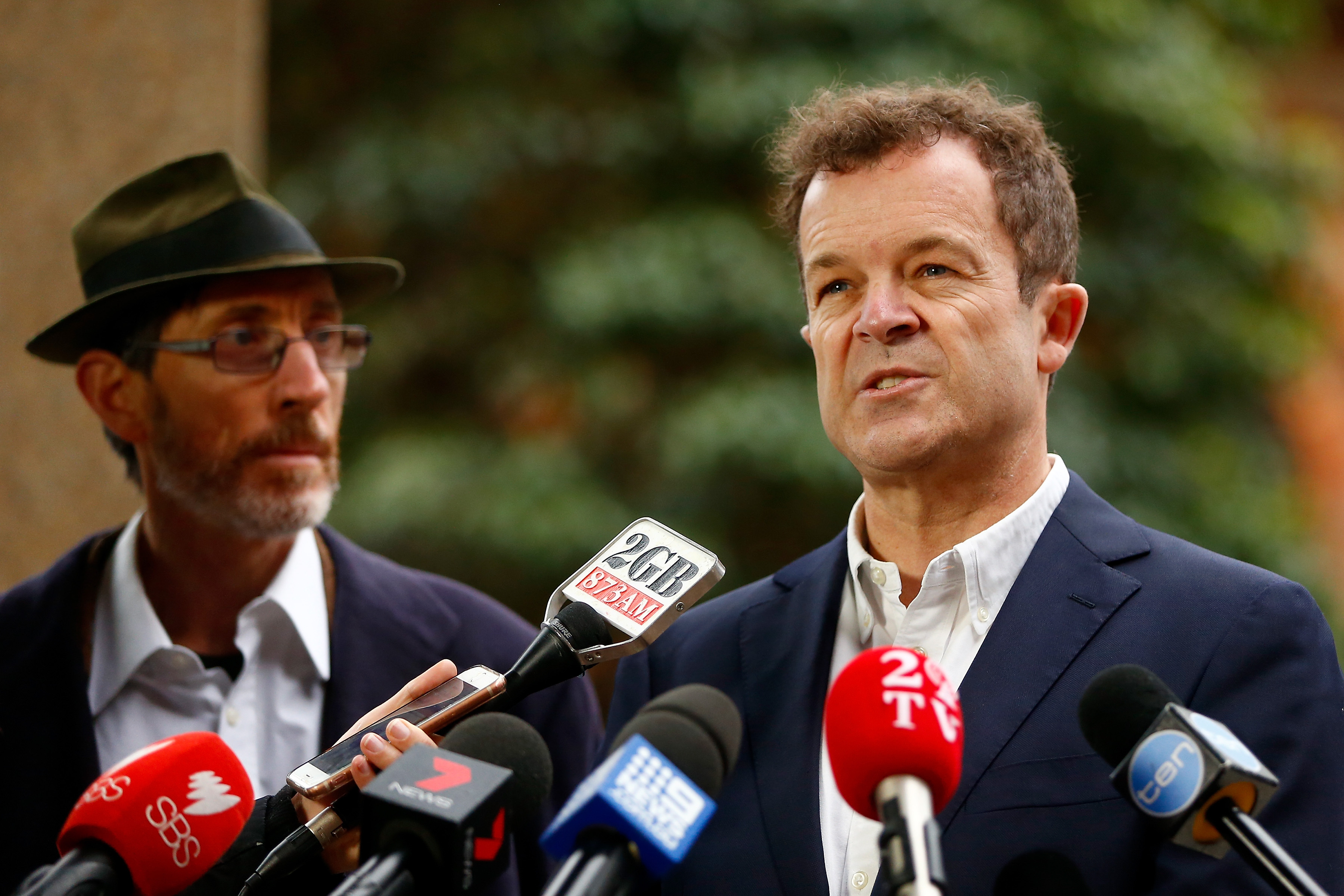Victims of child sex abuse in NSW can now sue the church after the state government removed a legal roadblock used by institutions to avoid compensating survivors.
From January 1 churches will no longer be able to use the "Ellis defence" as a way of avoiding paying compensation.
In 2007 former altar boy John Ellis lost a landmark civil action against the Catholic Church over child sex abuse after it successfully argued it had no "legal personality" and was not a proper defendant.
This decision was made because the church's assets were held in a legally protected trust. After the 11 year battle, Mr Ellis is relieved survivors will now be able to "hold institutions to account".
After the 11 year battle, Mr Ellis is relieved survivors will now be able to "hold institutions to account".

Plaintiff John Ellis speaks during a press conference in Sydney in June. Source: AAP
"We are now going to see a pathway to justice for survivors of abuse that they haven't had in the past," Mr Ellis told AAP.
"It's been a long, long battle."
Removing the legal defence was a recommendation of the Royal Commission into Institutional Responses to Child Sex Abuse.
Attorney-General Mark Speakman said the changes to the law meant all survivors of child sex abuse had the same access to compensation through civil litigation - no matter the organisation responsible.
"We are changing the power balance so survivors can hold institutions accountable for horrific abuse and move forward with their recovery," Mr Speakman said in a statement. January 1 will also signal changes to the state's anti-terror laws, giving the government the right to apply to the Supreme Court to protect information on accused terrorists from them and their lawyers.
January 1 will also signal changes to the state's anti-terror laws, giving the government the right to apply to the Supreme Court to protect information on accused terrorists from them and their lawyers.

Attorney General Mark Speakman speaks during a press conference in Sydney in June. Source: AAP
The measure is part of new anti-terror laws introduced to parliament in November, which also gives law enforcement agencies the right to use surveillance devices in prison cells.
The changes are retrospective, according to the attorney-general's office.

